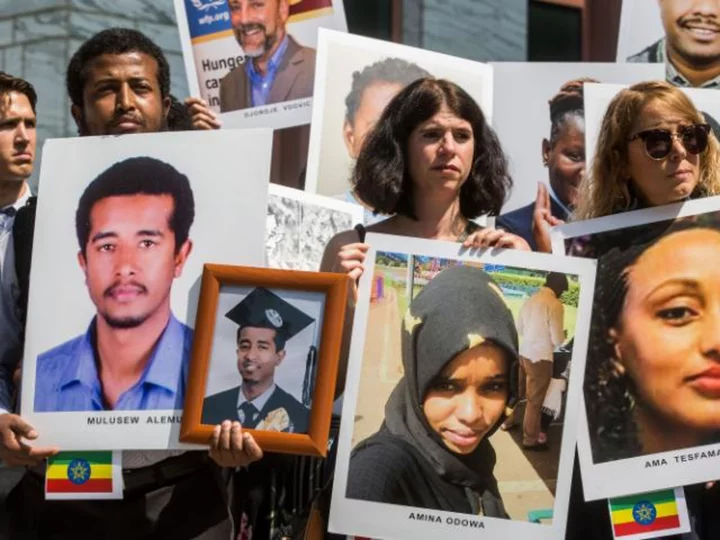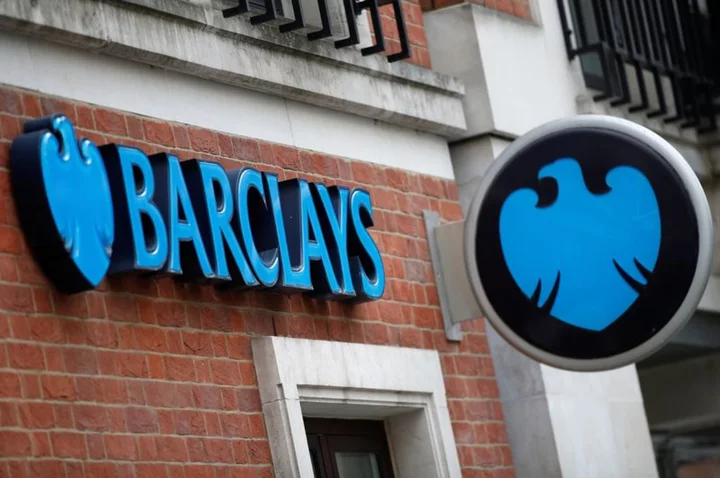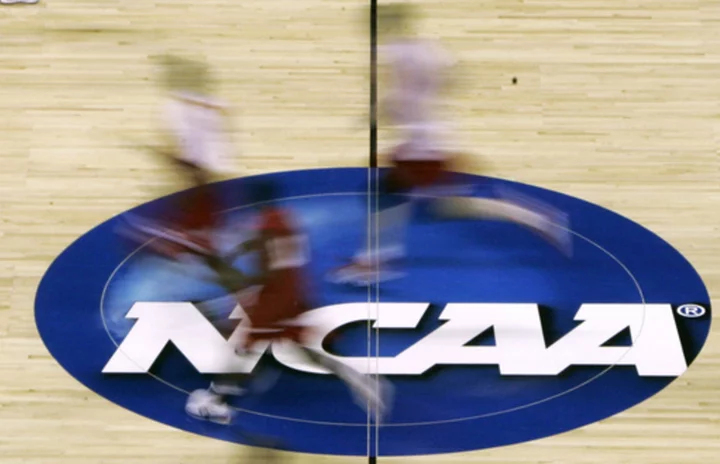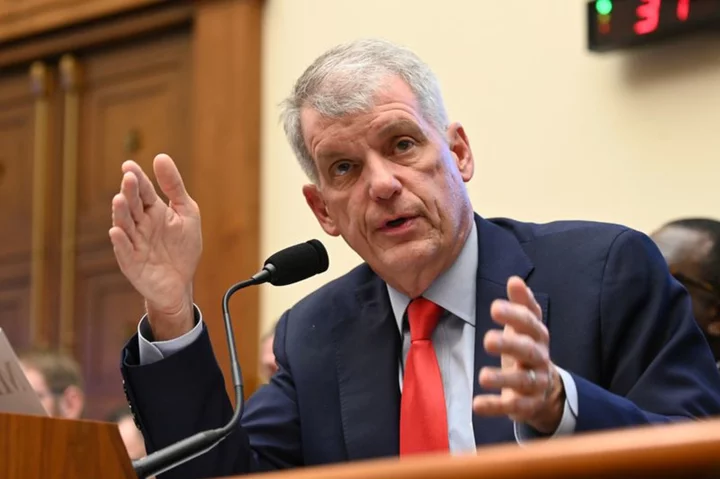A federal judge rejected arguments from attorneys for Boeing that it should not have to pay for the pain and suffering of 157 victims of a March 2019 Boeing 737 Max crash because they all died on impact.
Federal Judge Jorge Alonso, who will preside over the trial due to start in federal court in Chicago next month, said that Boeing's attorney had argued that under the law "evidence of pre-impact fright and terror is not relevant," because "the evidence tends to show that the passengers had no time to experience conscious pain and suffering after injury because they died immediately upon impact."
But Alonso rejected that argument and opened the way for pain and suffering to be considered when determining compensation for the victims' family members.
"A jury could reasonably infer from the evidence that will be presented at trial that the passengers on... [the flight] perceived that they were going to crash, horrifically, to their certain death," the judge wrote in his order late Tuesday.
The flight was an Ethiopian Airlines plane that crashed on March 10, 2019. It was the second such crash involving a 737 Max in less than six months and it led to a 20-month grounding of the jet worldwide, during which time investigators found a design flaw by Boeing was the major cause of the crashes.
One of the attorneys for the Ethiopian Airlines crash victims praised the judge's ruling.
"This is a significant and strong win for the families," said Robert Clifford. "The judge will allow them to push forward the claims of emotional distress experienced by their loved ones who needlessly died at the hands of a company that puts profits over safety and allowed the crash to occur that could have been completely avoided."
Clifford said the passengers on the plane "undeniably suffered horrific emotional distress, pain and suffering" because they knew they were about to die in a crash.
Boeing declined to comment on the judge's ruling, instead pointing to an earlier statement from the company about the court cases it faces.
"We are deeply sorry to all who lost loved ones on Lion Air Flight 610 and Ethiopian Flight 302," it said. "We acknowledged the terrible impact of these tragic accidents and made an upfront commitment to fully and fairly compensate every family who suffered a loss. Over the past several years we have kept our commitment as we settled a significant majority of claims and we will continue to work to constructively resolve the remaining cases."
The trial is due to get underway on June 20.









